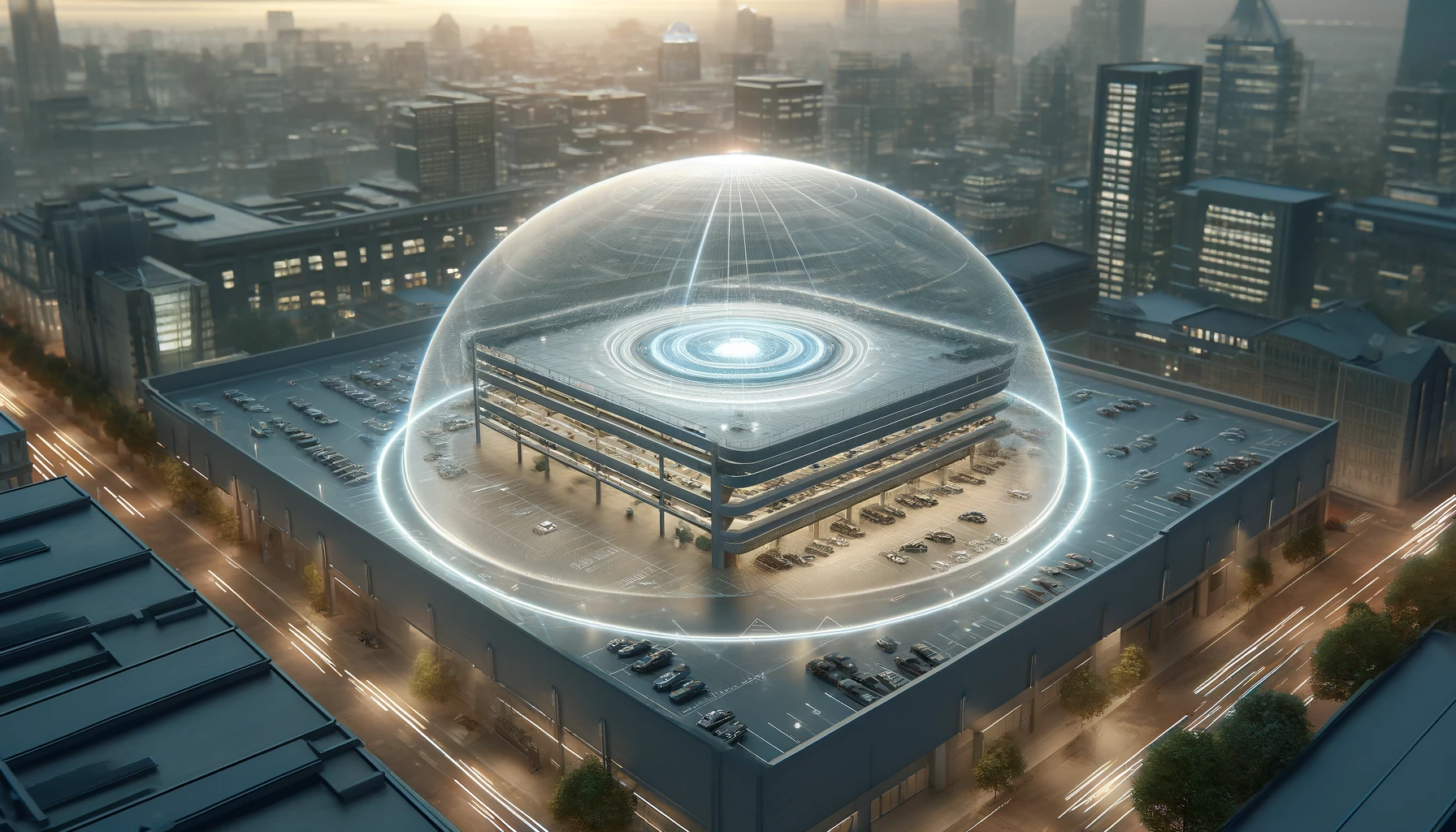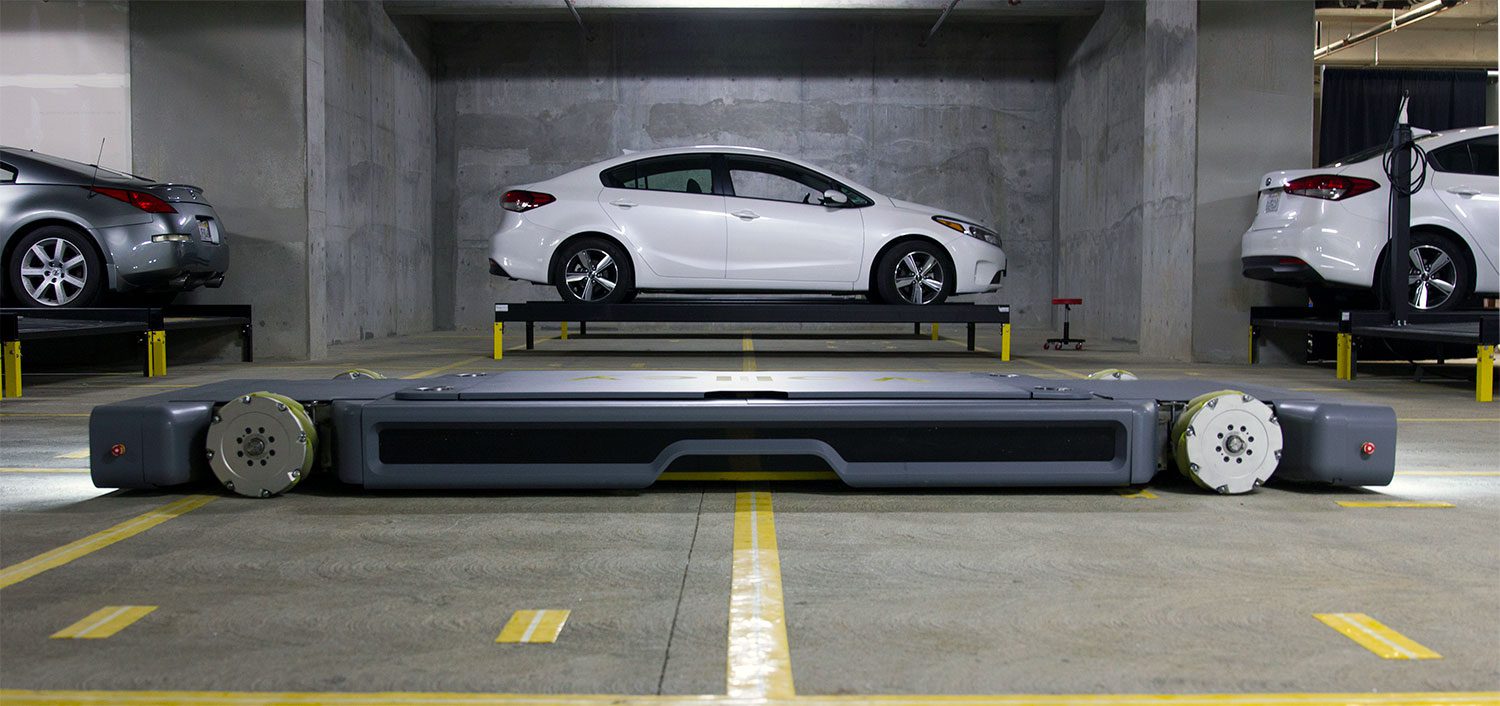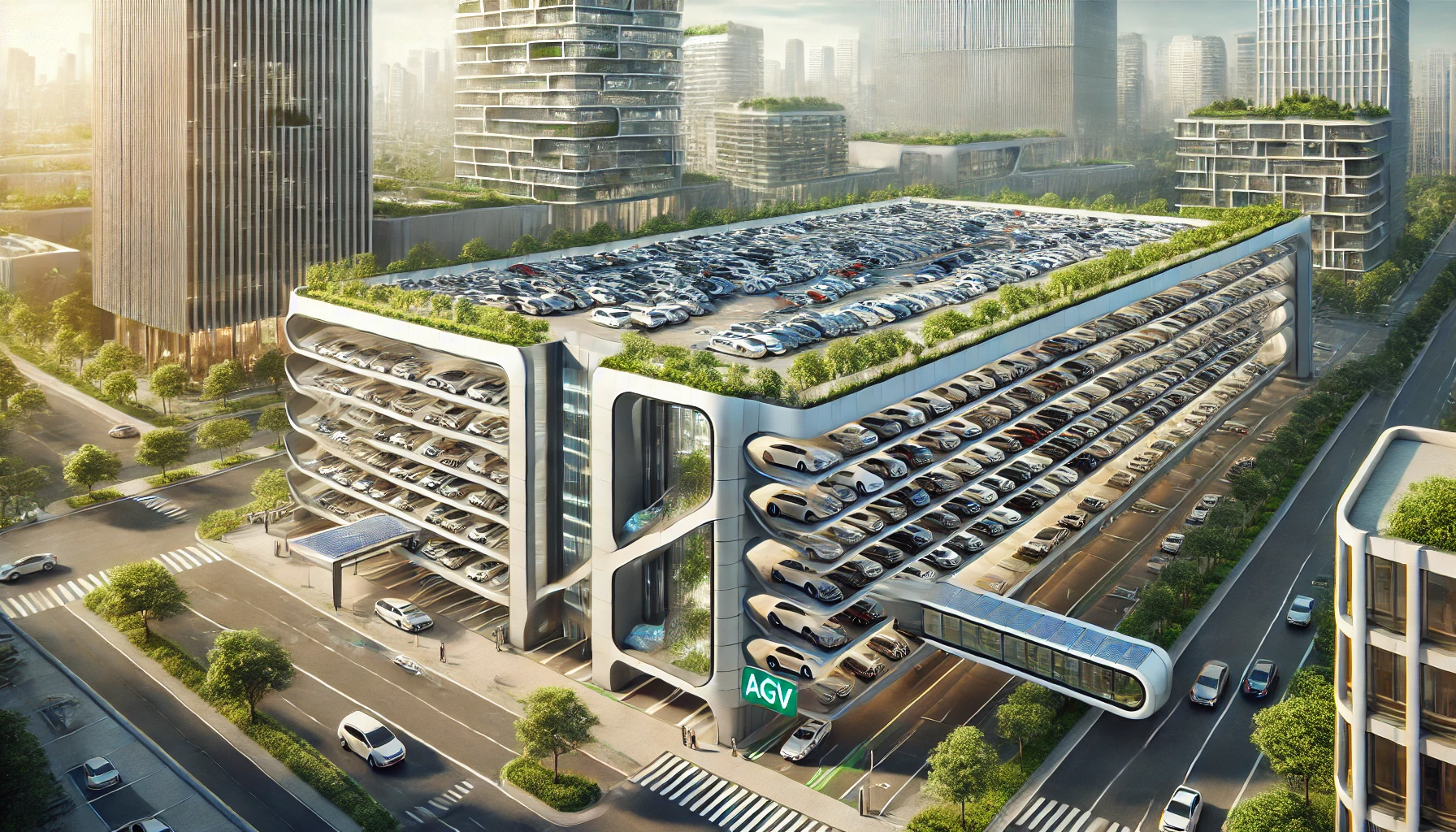
Volley’s automated parking systems have many advantages beyond making parking safer, faster, and better. Parking lot accidents are incredibly common, including injury and death, in part because of the prevalence of distracted driving in garages. NSC data shows that two thirds of drivers are likely to be on the phone while driving in garages, including texting, programming GPS, using social media, or watching videos. Automated parking systems eliminate these opportunities for accidents and injury.
One major but often overlooked advantage of an automated parking system is that building owners and operators can potentially reduce insurance risks and premiums by automating their parking operations. As more developers adopt automated parking technologies, insurance underwriting and sales teams can recognize the potential risk mitigation these systems offer: minimized human interaction, reduced accidents, enhanced security, and improved operational safety. These are all factors that can result in reduced premiums across several insurance lines.
Key Insurance Categories Impacted
- General Liability Insurance
Automated parking systems drastically reduce the chance of accidents involving pedestrians and vehicles. Unlike traditional garages, where drivers and pedestrians frequently interact, automated garages minimize these risks by removing pedestrian access to the parking area. With fewer opportunities for slips, falls, or vehicle accidents, general liability exposure is significantly reduced. Underwriters may consider these systems for premium reductions due to the lower frequency and severity of potential claims. - Property Insurance
Automated parking garages naturally offer enhanced security features, such as restricted access, monitoring systems, and automated vehicle retrieval. These elements reduce and in some cases eliminate theft, vandalism, and vehicle collisions. Furthermore, with fewer moving components and less infrastructure for pedestrian access, the systems may have a reduced fire risk compared to conventional garages. Lower risk profiles in these areas can justify more favorable property insurance terms. - Workers’ Compensation Insurance
Automated parking eliminates the need for valet services and manual parking attendants, thereby reducing workplace injury risks. Workers in traditional parking operations face hazards related to vehicle movement and heavy lifting. With automation, fewer personnel are needed in potentially hazardous roles, resulting in fewer workers’ compensation claims and lower associated premiums. - Commercial Auto Insurance
Valet services often require commercial auto insurance coverage for liability related to employee-driven vehicles. Automating the parking process can reduce or eliminate the need for this coverage altogether, further reducing the operational insurance burden. For developers aiming to streamline both operational risks and insurance costs, this can be a substantial benefit.
Long-Term Financial Impact for Building Owners
Premium reductions across general liability, property, and workers’ compensation insurance lines can translate into significant long-term savings for building owners. By eliminating the need for valet-related insurance and minimizing operational risks, automated parking systems lower the total cost of ownership. Volley Automation’s technology presents a smart solution for developers looking to manage both operational and insurance expenses effectively.
Volley Automation’s parking systems exemplify how technology can streamline operations while reducing risk and insurance premiums. As automated garages become more prevalent, these systems offer insurers an opportunity to align with emerging market trends and provide more competitive coverage options.






